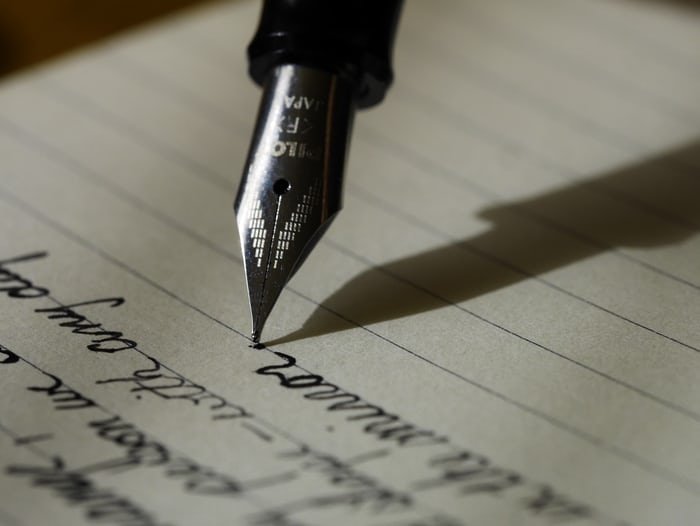The pen is mightier than the sword...
Y'all ever wondered what happened when after memorizing something (could be a word, phrase, formula and so on), you find it difficult to reproduce the same thing when it is needed? Or you ever felt like a piece of information has just vanished from your memory? Or maybe you know that it's there, but you just can't seem to find it. Well, it's common to every human out there and not just you.
At one point or another in our lives, we have stuff to do, events to keep up with, TV shows to watch and so on, but then when the time to do them comes, BOOM!!, we forget.

As humans, it's only natural for us to forget things. While you might find yourself wondering why is my memory so bad and being hard on yourself, forgetting is part of life and people forget surprisingly fast(not just you). Research has made us understand that approximately fifty-six percent of information is forgotten within an hour, sixty percent after a day, and seventy-five percent after six days.
The truth is that, while the brain has the ability to carry-out incredible feats, its ability to store and retain details is minimal.
There are few reasons why we forget things but the major reason is the inability of our brain to retrieve memories.

Image source
So why are we often unable to retrieve information from memory?
One possible explanation of memory retrieval failure is linked to the fact that memories fade and disappear over time. If the information is not retrieve and rehearsed over time, it will be lost eventually.
What are we to do then? Many people have presented different solutions for forgetfulness ranging from exercising, getting plenty of sleep, rehearsing the information, writing it down and so many more, but the one I'll be focusing on is writing it down.
Writing down what you need to do is an effective way of solving your daily forgetfulness. It ranges from jotting down notes in your daily planner or to-do list, scheduling important events on your phone's calender or just typing what you need to do your phone's notebook, since we all carry our mobile phones around.
According to interference theory, forgetting is the result of different memories interfering with one another. The more similar two or more events are to one another, the more likely interference will occur. But with the implementation of what we've learnt above, you'll be on the edge of remembering everything there is to remember and will definitely be leading 65% of the Earth's population in the rank of people who don't forget things, lol.
Thanks for taking your time to go through my blog.Follow me for more exciting and engaging contents,I promise to follow back.
Love and Light,
Kikiola.


